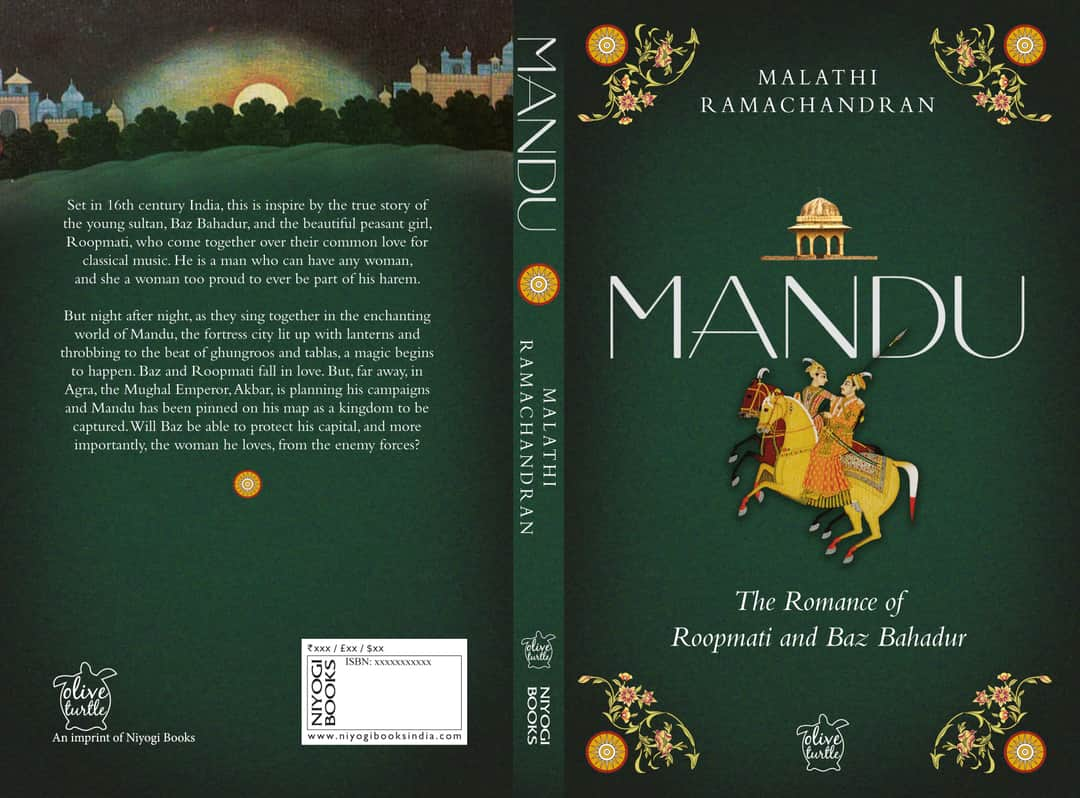The world around us is so full of stereotypes. Some claim to be good whereas most of them turn out to be disastrous. There is also an army of well-intentioned people who work to break these stereotypes. Yet it seems almost impossible to wipe out these stereotypes. The world likes to thrive in these patterns irrespective of whether you like it or not. So, what happens when one chooses to tell the stories of these stereotyped human souls around us? It turns out to be a laugh riot and that is what Pankaj Dubey’s debut novel What a Loser! is. The book is published by Penguin Random House India.
Being faithful to his roots, Pankaj picked a protagonist close to home. The interesting aspect of his protagonist is that he is strangely familiar and popular among the rest of the countrymen. But only Pankaj could bring out the finer aspects of this innocent yet dreamy PAKS. PAKS arrives in Mukherjee Nagar carrying some seemingly lofty goals and loads of Sattu and achaar from Begusarai. From the significance of the colour red, be it in the gamchha, the name embroidered in the pillow covers to the terracotta-coloured shirt pieces and the information on the ‘penties’, our author’s attention to details is just spot on. Even if you are not from Begusarai or the cow-belt, you still might relate to PAKS especially if you were raised in a village or small town and migrated to the cities to pursue some sort of a career. Feel free to blame the author if you become all nostalgic and secretly wish for PAKS to succeed in his journey. But he is not even my favourite character.
While the author was cheering for his protagonist, I was rooting for the self-proclaimed Badshah of 440, Mukherjee Nagar, New Delhi. Haven’t we all had such wonderful characters in our lives, who are so full of their insecurities, vulnerabilities, false pride and fear of failures? Putting up a brave, proud face even during unfortunate times while making life miserable for others the rest of the time, Subodh Singh only makes this comedy ride of the story more entertaining. His character touches the epitome when PAKS’s Babuji arrives in 440.
None of the characters seems fictional even if the author claims so. From the north-easterners Ronnie and Amilie to the Jats who form the opposite gang, each one looks handpicked from one or other’s real life. So are the events in the plot. The secrets of evening colleges, the university politics, the obsession with ‘cool’ English and British Council, the fascination for ‘milky white’ skin and the Punjaban girls are all inimitable truths of a small-town guy in Delhi. The book knits together these urban legends and takes you through a hilarious ‘Dilli Darshan’.
I find it hard to ignore that the author doesn’t have much kindness left for his female characters. They are either cold and vicious or come across as eye-candies. I wonder what grudge does the author have against the beautiful girls of Delhi.
Even as the book gives a comic touch to the many miseries of these super commoners, the author also manages to poke your eye occasionally while you are busy laughing. Some of us might not even notice the poke, for instance when Subodh Singh asserts his ‘caste superiority’, or when a shootout happens in a University classroom. You realize these are matters of greater concern, in retrospection. But to brood is against the spirit of the book. So pick this book, when you want to leave out your cares for a while and have a peal of hearty laughter.
You can buy the book here.











